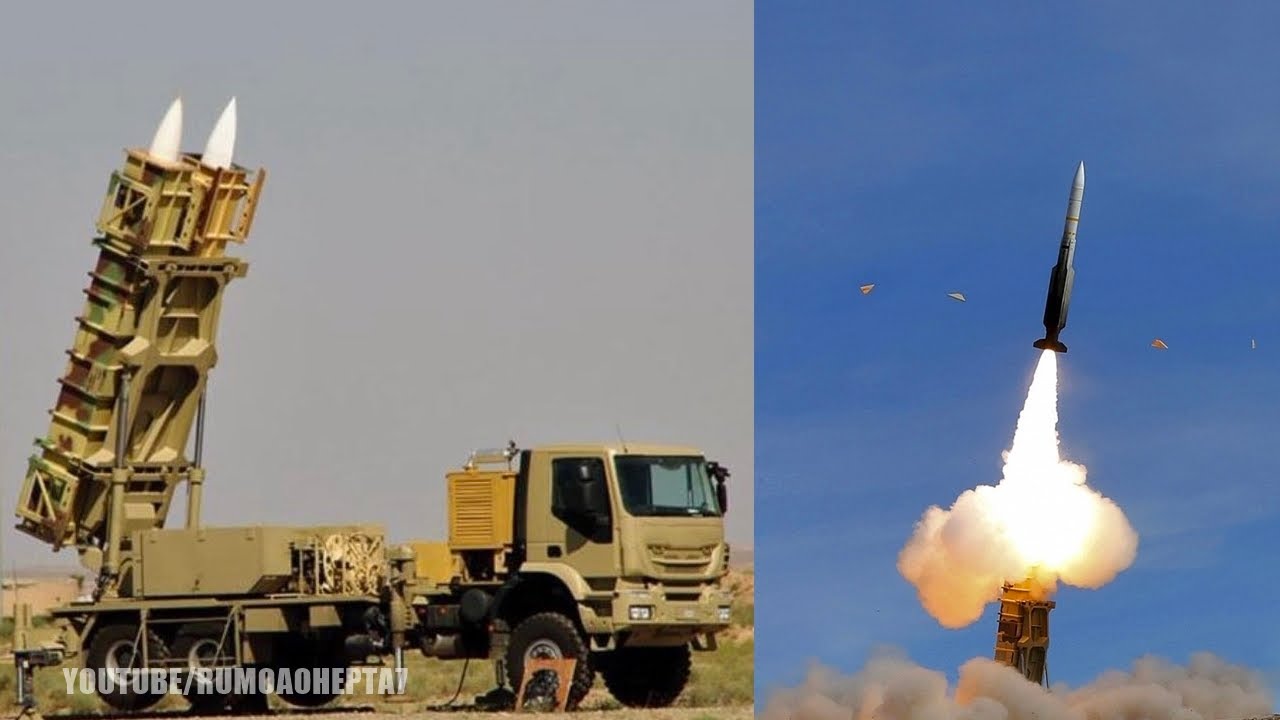
Os USA invested more than US$1.8 billion in interceptors since the start of the conflict in Gaza, while continuing to send weapons to Ukraine, revealed the The Wall Street Journal. These efforts highlight questions about the Pentagon’s readiness to address current and potential conflicts in the Pacific.
According to the newspaper, interceptors are currently the most demanded ammunition due to the escalating crisis in the Middle East, especially after the recent clashes between Israel and Iran. This growing demand for interceptors could lead to an even more critical shortage.
The standard missiles, often launched from ships, are mainly used to defend Israel against Iranian missile attacks and protect ships in the Red Sea against Houthi aggression. Since October 2023, the US Army has deployed more than 100 of these missiles in response to the Hamas attack on Israel.
Elias Yousif of the Stimson Center in Washington analyzed that the US has not prepared its defense industrial base to simultaneously face large-scale wars of attrition in Europe and the Middle East while maintaining its readiness standards.
The US Department of Defense maintains the confidentiality of its weapons stocks, considering the security of this information in light of the possible advantages it could provide to Iran and its allies.
Interceptors represent a significant cost, with each standard missile worth millions of dollars. This high expenditure contrasts with the much lower cost of Iranian weapons.
Congressional officials have expressed concerns about the high costs, particularly because replacing each missile can take months and be extremely expensive.
During an Iranian attack on October 1, the US launched a dozen standard missiles and used other air defense systems. However, U.S. and Israeli forces chose not to intercept some of the 180 Iranian missiles they assessed as non-threatening to valuable sites, a strategy to preserve interceptor stocks, officials said.
Source: https://www.ocafezinho.com/2024/10/29/eua-comecam-a-ficar-sem-misseis-por-envio-em-massa-para-israel-e-ucrania/

